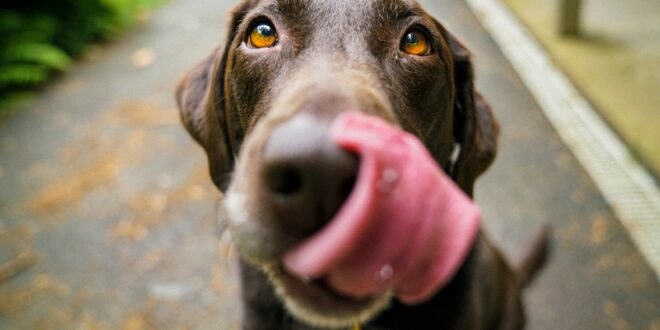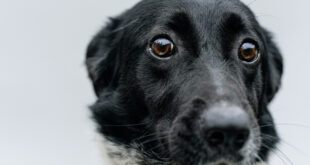Loving your pooch or moggy is not the same as watching out for its safety – and safety is paramount, especially over the months of autumn, the traditional time for seniors to be on the road, visiting friends and rellies. Then there’s Easter!
Pets are creatures of habit, and while routine is followed, they’re less likely to get into trouble. However, introduce guests into the equation, or a celebration, and your pet’s life can take a completely different turn.
Animals love novelty. With guests in the house there are new sights, sounds, and smells to explore. The excitement of an open suitcase or a different handbag is enough to make a cat or dog want to explore what’s in it – and the result can be deadly! Cosmetics, toiletries, medications, artificial sweetener (each item often packaged in tinfoil and plastic), clothing, gifts … the list of what they can hunt out goes on.
Many dogs, as well as inquisitive cats, will hoover up anything that takes their fancy, so much so, that in 2021, 10% of all pet insurance claims were directly linked to ingesting objects that couldn’t be digested. Owners have reported dogs devouring whole wash cloths, dishcloths and tea-towels (especially if they have food on them). And the consequences, as well as being potentially fatal, are eye-wateringly costly.
Most pet owners don’t present at their vets until the end of the day, when they realise Rover or Kitty have been looking unwell for some time. With surgery unlikely to be scheduled until the following morning, a monitored overnight stay in the pet hospital, along with aesthetic and an operation, is likely set you back anywhere between $2000 and $5,000.
Then there’s the food in the house when we’re entertaining visitors. Nuts, chocolate, grapes, baking filled with dried fruit – it’s all potentially fatal, and so tantalisingly in reach when placed on the coffee table. Hosts are also notoriously generous when it comes to catering for guests, and when leftovers hit the compost bin, and the cupboard door to it is left open – guess who devours the contents!
Once, a cat or dog may have been warned off unsuitable food because of its scent, but now, with artificial flavours often dominating convenience foods, those warning signs are hidden, and the animal eats it even though it may be toxic. Factor in the Easter celebration, when some of the food items in the house, most attractive to dogs and cats, are wrapped in foil and ribbon, and you have a disaster waiting to happen. It simply doesn’t pay to be complacent. If you suspect a product or item is harmful to your pet, or you’re not sure, keep it up and out of reach.
Of course, home isn’t the only risky place for pets. While you’re out and about with your dog, soaking up the warmth of autumn days, it also pays to be on the alert, especially if you’re visiting a new part of the country. The season of karaka berries (fatal to dogs) is upon us; and jelly fish and algal blooms are an ongoing cause for concern. Watch out for local signage pointing to any dangers, and remember, dogs are best kept on a lead while walking, unless there is a designated area for them to run free.
Watching out for your pet’s safety shouldn’t be a burden. It’s part and parcel of caring for them, but it does mean you need to exercise extra vigilance when regular routines are interrupted. Never be be afraid to talk to guests about your pet’s safety. Encourage them to shut the door to their bedroom, and not to leave bags, or clothing (which can contain almost anything in the pockets!) where they can be reached by an animal. This way, you can confidently share the enjoyment of your pet with others!









whit84053 - 2 years ago
What is the best pet insurance for a dog?